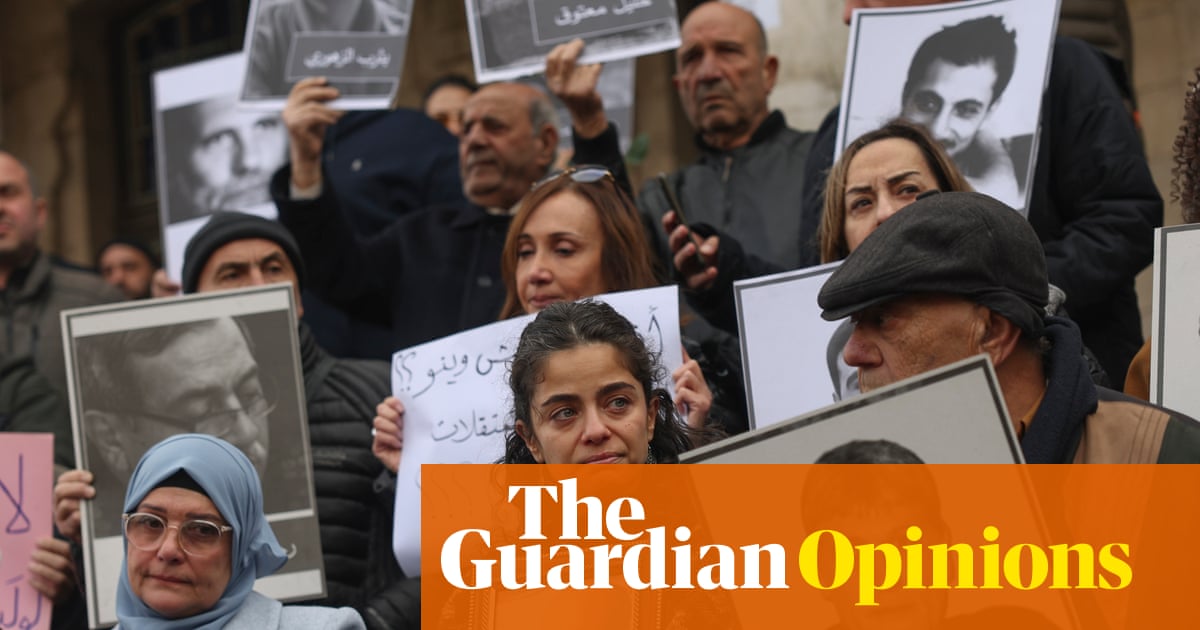
"For more than 11 years, I told myself it was too early to grieve. My father, Ali Mustafa, was arrested by Bashar al-Assad's forces in Syria on 2 July 2013 and disappeared. Since that day, we have had no word, no trace, nothing. Every morning since he was taken I made my first thought after waking up: He is alive. Every night I went to sleep repeating it."
"For all those years I really believed my father was alive. I felt it every single day. I carried his photo everywhere. I joined protests, campaigns, trials. I spoke in his name again and again. Hope was not just an emotion it was a duty. This is what enforced disappearance does. It does not just take our loved ones. It steals our right to mourn them."
"Hope was not just an emotion it was a duty. This is what enforced disappearance does. It does not just take our loved ones. It steals our right to mourn them. For years I lived with the responsibility of fighting for my father's life, and for all those who have disappeared. It felt like this might be my life forever this unending struggle to find out the truth. Then, in December 2024, everything changed. The Assad regime finally collapsed and the prisons were opened."
My father, Ali Mustafa, was arrested by Bashar al-Assad's forces in Syria on 2 July 2013 and disappeared. Since then there has been no word, no trace, nothing. My family fled Syria in fear for our safety, leaving him behind. I avoided grieving because mourning felt like accepting his death without confirmation. The absence created a psychological limbo between hope and despair known as ambiguous loss. Hope became a duty: carrying his photo, joining protests and trials, and speaking in his name. Enforced disappearance stole the right to mourn and imposed an unending responsibility to seek truth. In December 2024 the prisons were opened after the regime collapsed.
Read at www.theguardian.com
Unable to calculate read time
Collection
[
|
...
]